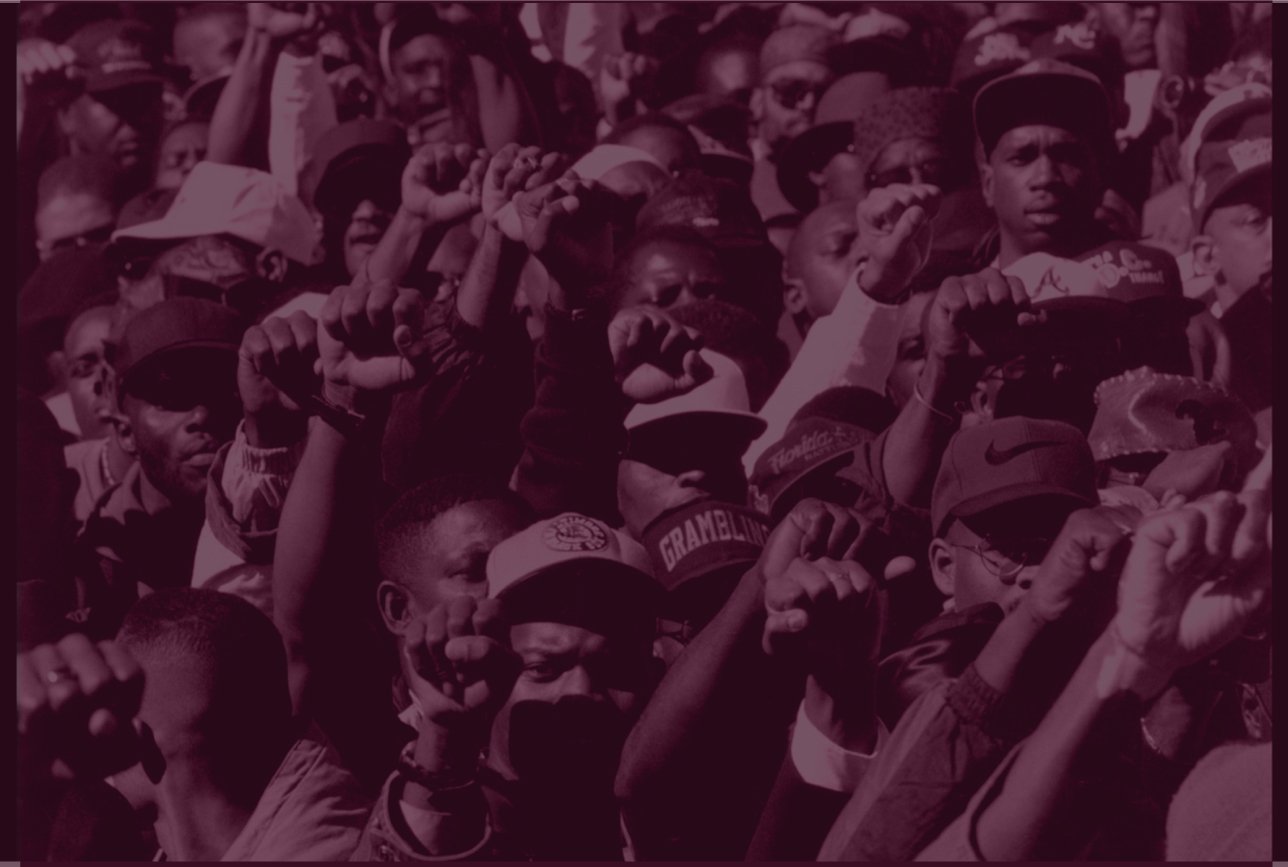
Guidance for lawyers building relationships with social movements
At Movement Law Lab, we have the honor and privilege of working closely with and alongside grassroots organizers. Our team supports and defends organizers facing state and other oppressive attacks and violence. We have the opportunity to dream, scheme, and develop legal strategies in service of organizing campaigns.
This resource is for lawyers who want to move in alignment with movements. It is for those who, in addition to defending and vindicating people’s legal rights, are invested in building power with and alongside the people most impacted by oppressive systems.
Below is a list of best practices for lawyers striving to be in relationships with movement organizers and communities that are respectful, just, collaborative and productive.
Top 10 Best Practices for Movement Lawyers
Listen: Listen and learn from organizers about the oppressive conditions they are experiencing, confronting, and challenging.
Show Up and Invest: Show up to organizers’ meetings, programs and events. Invest in the organizers' work and your relationships with organizers.
Think Creatively: Be creative and think outside of the box when imagining legal tools that can be of service to organizers.
Respect Autonomy: When asked, explain rights and risks regarding actions organizers might take, but DO NOT tell them what they can or cannot/should or should not do.
Understand Their Goals: Work to understand the goals of organizers’ campaigns and work. Organizers’ goals may not always be legal victories.
Value Non-Legal Wins: Be mindful that organizers’ goals may include non-concrete outcomes. Base-building, narrative-shifting, and leadership development are powerful outcomes. Recognize them.
Center Impacted Voices: Work to center and amplify the voices of directly impacted people and organizers. Use your platform to amplify, not overshadow.
Demystify the Law: Do your best to break down and democratize the law. This means breaking down legal terminology and procedures to make the law as accessible as possible for non-lawyers.
Be Willing to Lose: The litigation or policy proposal may not prevail, but it may afford additional organizing opportunities and advantages. Stay grounded in movement goals, which may not always include legal victories.
Know the Limits: Recognize the law and courts are, and have always been, oppressive spaces and they are often sites of harm. Court decisions are not the source of liberation.
Final Thoughts
As Movement Lawyers, we have to recognize and accept that we cannot litigate our way to success. However, the law and courts can be tools and sites of struggle to support organizers and campaigns seeking to counter authoritarianism and strive for sustainable, transformative social change.
More on movement lawyering
Here are some articles that more fully discuss practices of organizing, movement lawyering and provide real life examples:
Demand Everything: Lessons of Transformative Organizing Model by Steven Williams
Movement Lawyering: A Case Study in the U.S. South by Azadeh Shahshahani
Nurturing Freedom Dreams: An approach to Movement Lawyering in the Black Lives Matter Era by Amanda Alexander
Purvi and Chuck: Community Lawyering by Joseph Phelan
10 Ways of Looking at Movement Lawyering by William P. Quigley
The Struggle for Reparations for Chicago Police Torture Survivors: The Grassroots Struggle that Could by Joey Mogul
